What does Lean Startup have to do with digital health?
Digital health is undergoing an unprecedented transformation. Startups, hospitals, corporations, and investors are all seeking agile solutions to improve the lives of millions of people. But how do you go from an idea to a validated product without spending years, or millions, along the way?
This is where Lean Startup comes in, the methodology created by Steve Blank and popularized by Eric Ries that is changing the rules of the innovation game. And in the HealthTech sector, its impact is particularly profound.
At Goo Ventures, we’ve seen it firsthand: applying Lean Startup accelerates scientific and clinical validation, reduces risks, and allows digital health solutions to be launched in months, not years.
What is Lean Startup and why does it change everything?
Steve Blank put it simply: business plans don’t survive first contact with customers. The key is not to plan for months, but to test, measure, and learn.
Three principles define Lean Startup:
- Hypotheses, not certainties → assumptions must be tested.
- Talk to users → go to the street, the hospital, or the gym to validate needs.
- Build fast and cheap → launch a Minimum Viable Product (MVP) and adjust with real feedback.
In digital health, where regulation, patient trust, and clinical integration are complex challenges, this agility is vital.
Lean Startup applied to HealthTech: concrete examples
- Telemedicine: instead of building a massive platform, a startup can start with a simple video call system and evolve based on doctor and patient feedback.
- AI in diagnostics: validate first with limited datasets before investing in complex models.
- Sports wearables: test with a small group of athletes before manufacturing thousands of devices.
This approach allowed startups like Blue River Technology to pivot from mowing lawns to automating weed control in agriculture. In health, pivots save time and resources, focusing innovation on what users actually need.
Why digital health needs Lean Startup
- Failure is expensive: millions are lost every year in eHealth projects that never reach hospitals.
- Science moves fast: AI, big data, and biosensors create opportunities that change every six months.
- Patients and doctors are demanding: technology isn’t enough, it must integrate into real clinical practice.
With Lean Startup, projects are designed from the beginning with scientific validation, hospital trials, and professional feedback.
Goo Ventures: a Venture Studio applying Lean Startup in health, sports, and wellbeing
At Goo Ventures, we’ve placed the Lean philosophy at the heart of our model. We don’t just invest, we co-create startups from scratch across three verticals:
- HealthTech: telemedicine, diagnostic AI, IoMT.
- SportsTech: wearables, predictive injury analytics, performance platforms.
- WellnessTech: emotional wellbeing and self-care apps.
How we do it?
- Rapid validation in real environments: hospitals such as Ramón y Cajal or Sant Pau, sports centers, and universities.
- MVP in 3–6 months: thanks to GooApps®, experts in apps and digital health.
- Constant iteration: real metrics, engaged users, pivots when needed.
The result: startups that move from lab to market faster, with lower risk and greater impact.
What Lean Startup brings to investors and corporates
- Lower risk: instead of blind bets, investments go into projects already validated with users.
- Faster scalability: startups with clinical or sports traction are ready for Seed and Series A rounds.
- Open innovation: corporates can test pilot projects without committing large initial budgets.
As Blank notes, the real change isn’t a single startup succeeding, but applying Lean Startup across a portfolio to significantly reduce overall failure.
The future: Lean Startup as a driver of the HealthTech ecosystem
Three forces are accelerating digital health:
- AI and medical data → faster, more personalized diagnoses.
- New funding models → VCs, business angels, and crowdfunding bring capital to emerging projects.
- Collaborative scientific validation → alliances between startups, hospitals, and universities ensure rigor and adoption.
Lean Startup is not a fad. It is the foundation of a new entrepreneurial economy where digital health can scale more agilely, sustainably, and human-centered.
Conclusion: what now?
The question is no longer whether to apply Lean Startup in digital health, but how to do it systematically.
At Goo Ventures, we believe the answer lies in co-creation: bringing together entrepreneurs, corporates, hospitals, and universities under one agile, validated model.
👉 Want to dig deeper? We recommend reading The Lean Startup by Eric Ries, the must-read guide for entrepreneurs looking to innovate with less risk and more impact.
👉 Want to be part of this transformation?
Contact Goo Ventures and discover how to co-create the next startup that will change health, sports, and wellbeing.


